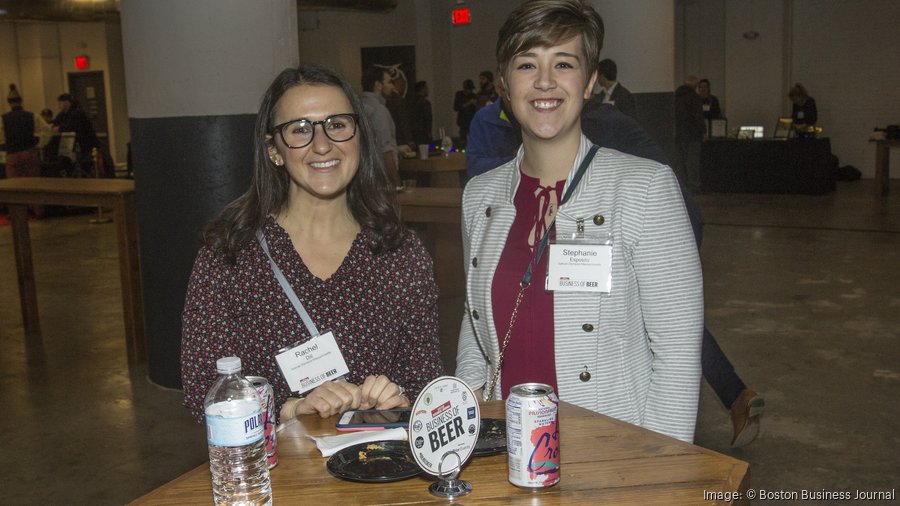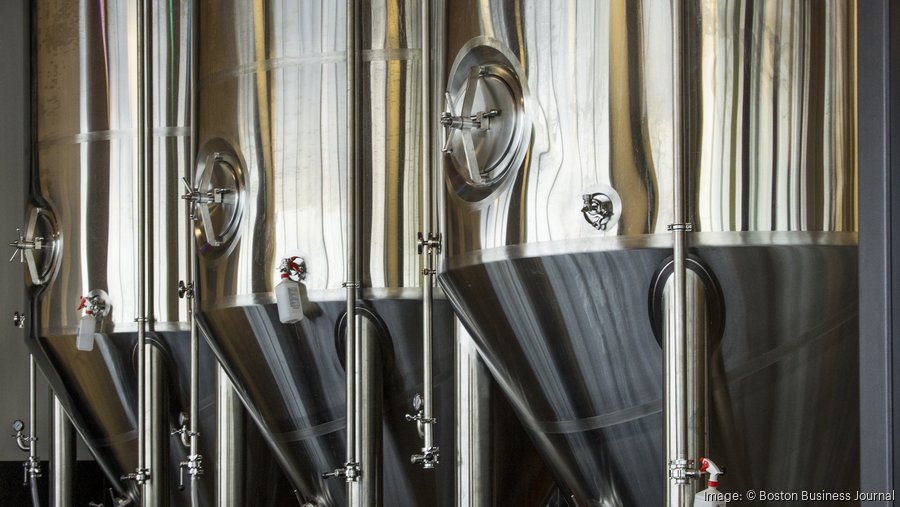A battle bubbling up on Beacon Hill feels old enough to rival the Hatfields and the McCoys, but instead of moonshine, the fight is over beer. Specifically, whether brewers should be locked into a distribution contract for the life of a company.
In hearings this past week, brewers and distributors faced off over differing views on how to change the state's so-called “franchise laws," which create permanent contracts between beer brewers and beer distributors and are unique to the beer industry. Brewers claim the existing law limits their ability to negotiate with a distributor, even as the company grows and seeks to shift its strategy. Distributors say the law protects what are mostly family-run businesses that invest heavily up front in young beer brands, taking a chance that requires the security of knowing a brand won't walk away from a distributor once it becomes popular and more powerful.
Two bills have been proposed: One by beer-makers and one by the distributors, who would prefer to keep the laws as they are, but who acknowledge that change is in the air. The current state franchise law requires that a brewer who has sold through a particular distributor for six months can only terminate that relationship for “good cause,” a difficult and costly bar to clear.
Brewers are pushing a new, tiered approach to the franchise law, one that would allow a brewer producing less than 6 million barrels a year to leave a contract. The largest tier — which currently encompasses only Sam Adams maker Boston Beer Co. — would have the strictest requirements, which include providing 60 days’ notice and pay 110 of fair market value of a product. Jim Koch, the founder of Boston Beer, said fair market value has been interpreted through arbitration decisions to be, generally, the amount of profit a distributor would have made on the beer over five to 10 years.
Distributors, on the other hand, would let breweries that produce less than 100,000 barrels in any 12-month period leave franchise agreements, which is an increase from the 30,000-barrel limit proposed in a similar piece of legislation last year. That barrel limit encompasses roughly 99 percent of brewers in the state, according to its proponents.
We aren't in the business of splitting hairs, or hops, but the time has come to end this feud once and for all. The current system isn't working and a new law is needed.
In his testimony, Koch said he has never left a distribution agreement, because it's easier to wait for distributor to die than it is to extricate yourself from a contract. Even if that is hyperbole, the current environment is anti-competitive and ripe for change. The current laws were written when craft beer wasn't a full-blown, growing industry. Breweries must have options as they grow, and distributors need protection for their investment in sales and marketing of unproven products.
Neither side will be happy with whatever compromise legislation emerges, but now that the hearings are over, the Joint Committee on Consumer Protection and Professional Licensure must do what joint committees do: close the door, hammer out an agreement and get to the governor legislation that makes neither side happy but enables the industry to move forward, add jobs and grow the economy under a reasonable law.







Rachel Dill and Stephanie Esposito, both of the Special Olympics of Massachusetts at the Boston Business Journal’s Business of Beer event.
Total 2018 beer barrel production
| Rank | Prior Rank | Brewery/Prior rank (*unranked in 2018)/ |
|---|---|---|
1 | 1 | Samuel Adams |
2 | 2 | Mass. Bay Brewing Co. Inc. |
3 | 3 | Wachusett Brewing |





